Showing 1-15 of 41 results

The Fundamentals
Today on The Fundamentals is Dr. Maria Castro, the R.C. Schneider collegiate professor of neurosurgery, and a professor of cell and developmental biology at the University of Michigan Medical School. Her research program aims to develop immunotherapies for primary and metastatic brain cancer, studying basic immune biology mechanisms leading to clinical implementation. She has been inducted into the American Association for the Advancement of Sciences, the Latin American Academy of Sciences, and the American Institute for Medical and Biological Engineering College of Fellows. She has won numerous awards for her contributions to basic science and cancer research and is a diversity ambassador for the Cancer Biology Graduate Training Program.
You can learn more about Dr. Castro here, and you can follow her @castro2355_mg, the Rogel Cancer Center @UMRogelCancer, the department of neurosurgery @umichneuro, Michigan Neurscience Institute @UM_MNI and the department of cell and developmental biology @UMCDB on X

Medical School News
Four faculty and two staff members from the departments of Anesthesiology, Neurology, Radiology and Surgery, and the Office of Graduate Medical Education (GME), are recipients of GME Awards for 2024

Health Lab
An effort to reduce use of PPI heartburn drugs in veterans because of overuse, cost and potential risks succeeded, but provides lessons about deprescribing efforts.

Health Lab
A recent study from U-M offers more insight into the underlying causes of EOE.

Health Lab
Recently approved by the Food and Drug Administration, Pluvicto is a radionuclide-labelled drug administered to patients showing promising results.
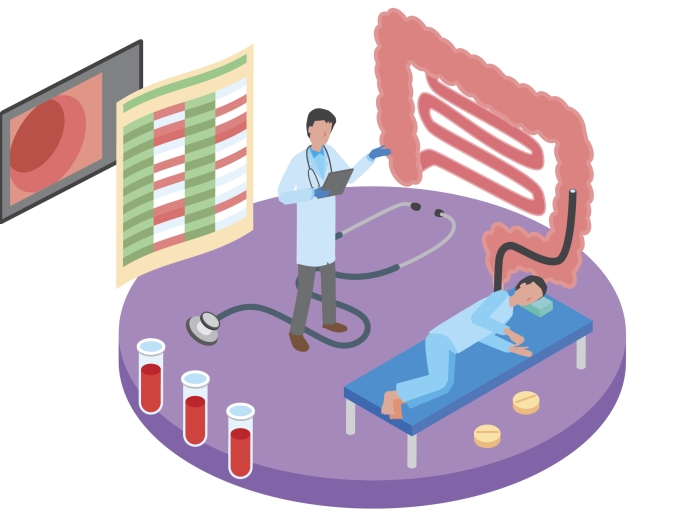
Health Lab
Free colonoscopies for people whose at-home stool tests (such as Cologuard and FIT) turn up signs of potential cancer are now covered by insurance, and a study shows this will save money.
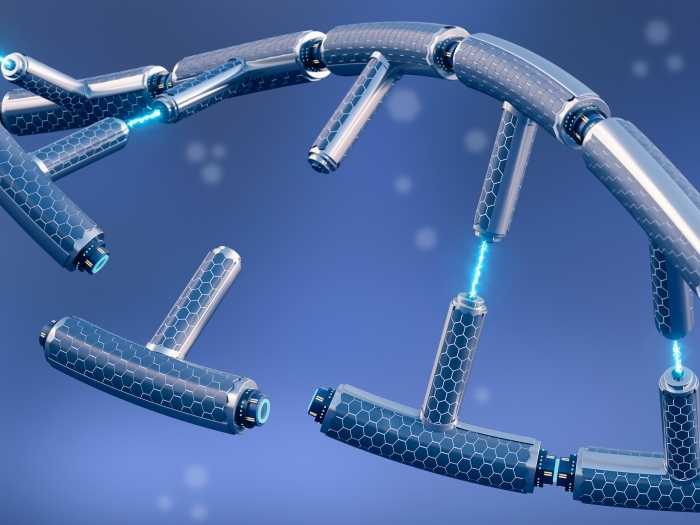
Health Lab
Findings from researchers at the University of Michigan Health Rogel Cancer Center, published in Cancer Discovery, show how a specific nucleotide metabolite called GTP controls responses to radiation and chemotherapy in an unexpected way.
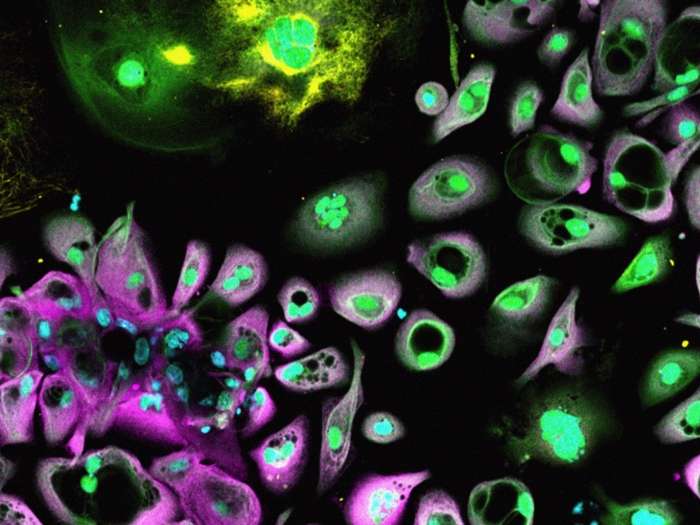
Health Lab
A University of Michigan-led study provided evidence of the efficacy of a new drug-induced liver injury screening platform using human liver organoids, or tiny 3D models of organs developed from patients’ stem cells that grow in petri dishes.

Health Lab
Study reveals presenting adults between 76 and 85 with personalized information about the benefits and harms of colon cancer screening decreases excess screening
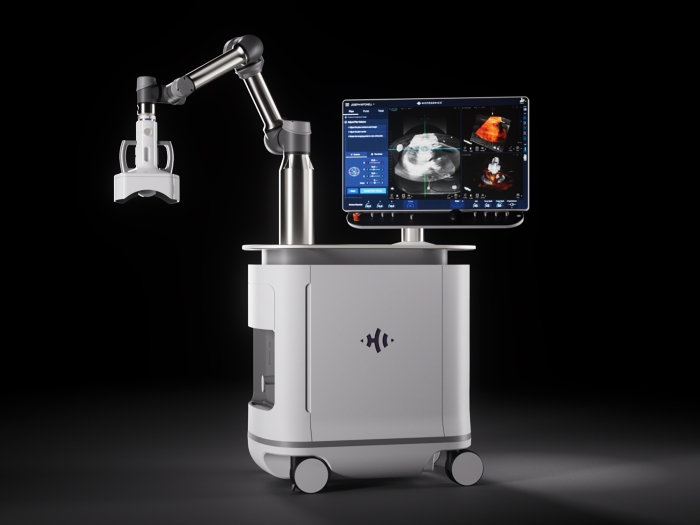
News Release
Technology developed at U-M uses sound waves to destroy tissue, providing a new type of cancer therapy
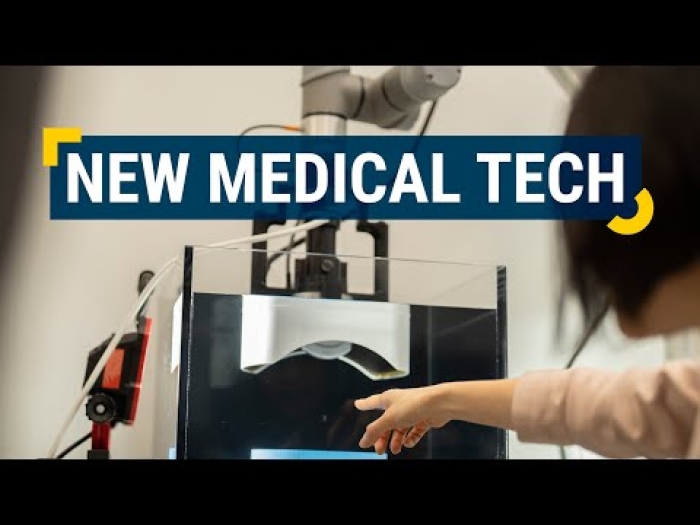
Health Lab
Michigan Medicine has developed a new technique that provides a non-invasive alternative to surgery, chemotherapy and radiation treatments for cancer.
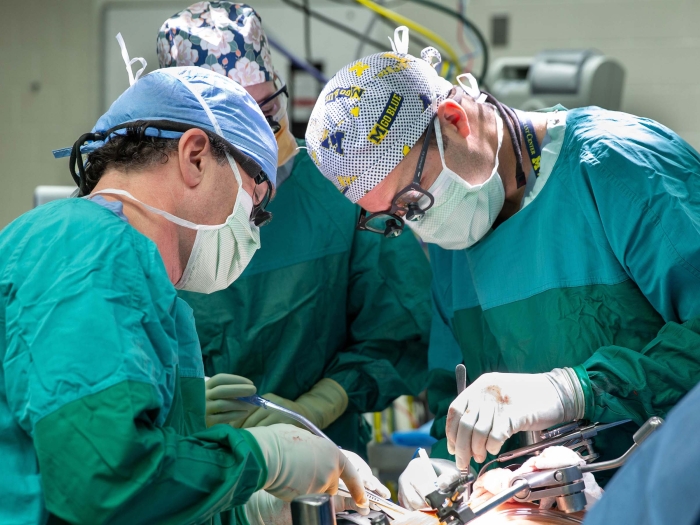
Health Lab
A Michigan Medicine transplant specialist examines different ways of caring for patients with liver cancer.
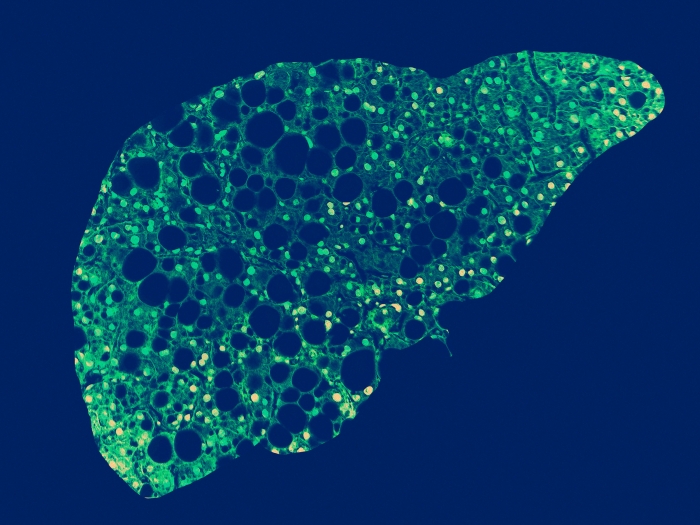
Health Lab
A Michigan Medicine team of experts seeks to identify the human genetic causes of MASLD, formerly called NAFLD